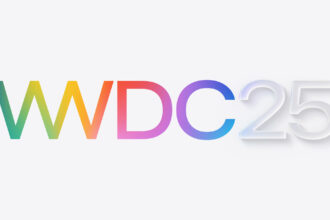Google has announced it will challenge the adverse aspects of U.S. District Judge Leonie Brinkema’s recent ruling in the Department of Justice’s antitrust suit over its digital advertising operations.
Judge Leonie Brinkema, on April 17, 2025, concluded that Google had intentionally gained and preserved monopoly power in the publisher ad server and ad exchange markets, which are essential for helping online platforms manage and monetize ad space.
The court found that by tying these services together, Google effectively shut out competitors and harmed publishers.
The judge, however, ruled that the Department of Justice failed to demonstrate monopoly power in relation to Google’s advertiser tools and its acquisitions of DoubleClick and AdMeld, and therefore did not deem them illegal.
READ ALSO: iOS 19 is nearly here: Here’s what’s coming at WWDC25
Although the ruling represents a clear loss on the publisher side, the split verdict gave Google reason to call it “mixed.” The company emphasized that the court rejected allegations against its advertising tools and major past acquisitions, and it plans to press its appeal on the portions it views as unjustified.
The Justice Department has asked the court to order Google to sell off its Google Ad Manager suite, which includes the publisher ad server (formerly DoubleClick for Publishers) and its ad exchange (AdX) — in a bid to restore competition in the digital advertising market.
In upcoming hearings, the Department of Justice lawyers will push for structural remedies designed to dismantle Google’s tight grip on the ad ecosystem, while Google will argue that forced divestiture would undermine innovation and raise costs for publishers.
Google’s appeal could extend the dispute through the appeals process—and perhaps to the Supreme Court. Meanwhile, this case adds fuel to a broader, bipartisan effort to rein in the market power of Big Tech.
As both sides gear up for remedy‑phase arguments, publishers, advertisers, and competitors will be watching closely: the outcome could reshape digital advertising for years to come.














